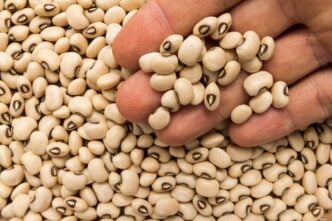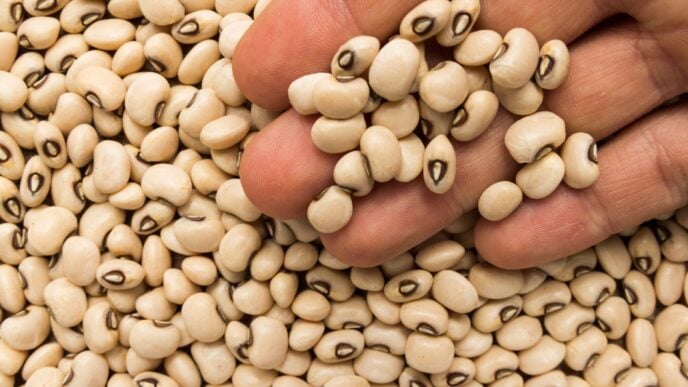Participants at the training
The Corporate Accountability and Public Participation Africa (CAPPA) has asked the federal government to mandate front-of-pack labelling of food products to enable Nigerians to know what they are consuming.
Speaking at a one-day media training hosted in Lagos on Thursday, Akinbode Oluwafemi, CAPPA’s executive director, said Nigeria is facing a public health crisis driven not only by poor food choices, but also by corporate sabotage.
He said diseases like diabetes and high blood pressure are being linked to our consumption patterns.
“Across Nigeria today, more and more people are falling sick not from hunger but from what they eat,” Oluwafemi said.
Advertisement
“Illnesses like hypertension, diabetes, and stroke have become widespread, and much of this burden can be traced to what fills our plates.
“People are consuming foods that are heavily processed, high in salt and sugar and poorly labelled. Illnesses are no longer a consequence of poverty or other factors.
“It is also a product of how our food system is designed, who controls it and whose interests it ultimately serves.
Advertisement
“Non- communicable diseases now account for over 30 percent of all deaths in Nigeria, and one of the leading and entirely preventable risk factors behind these diseases is excessive salt intake, much of it coming from prepackaged and ultra-processed foods that dominate our markets.”
He noted that the Nigerian government has taken an important step with the launch of the National Sodium Reduction Guidelines — a key strategy to combat non-communicable diseases.
Oluwafemi, however, said the challenge lies not in the policy itself but in its enforcement and the gap between policy ambition, public awareness and sustained public support.
He called on the government to adopt a mandatory, interpretative front-of-pack-warning labelling system (FOPWL) that alerts consumers to products that are high in salt, sugar or saturated fat.
Advertisement
“The salt reduction policy exists, but the real problem is the politics of enforcement,” he said.
“Nigerians shouldn’t be consuming more than 5g of salt in a day. Nigerians need to know they need to reduce salt intake and that the government should put in place mandatory front-of-pack warning labels on food products so that Nigerians can know which is high in salt, high in sugar or the kind of oil used to prepare them.
“We think that if the Nigerian government begins to take these policy measures, we will begin to see a reduction in the consumption of those unhealthy diets. And of course, a reduction in health-related issues that are associated with those foods.”
‘NIGERIA’S HEALTH SYSTEM OVERWHELMED BY PREVENTABLE DISEASES’
Advertisement
Also speaking, Joseph Ekiyor, a health advocate and medical practitioner, said Nigeria’s health system is overwhelmed by preventable diseases.
“Cardiovascular disease, cancer, diabetes, and chronic respiratory diseases are killing people more,” Ekiyor said.
Advertisement
Ekiyor said preventing non-communicable diseases is necessary with policy changes, holding industries accountable and through awareness and education.
He also urged the integration of non-communicable diseases into primary healthcare.
Advertisement
On her part, Bukola Odele, CAPPA’s project manager, cardiovascular health, said the food system is under attack due to the urbanisation of diets.
“Unhealthy diets have become very accessible. Ultra-processed food has very low nutrients and is high in sodium,” Odele said.
Advertisement
“Front-of-pack labelling will help consumers to easily and quickly understand food content and what they are consuming.”











